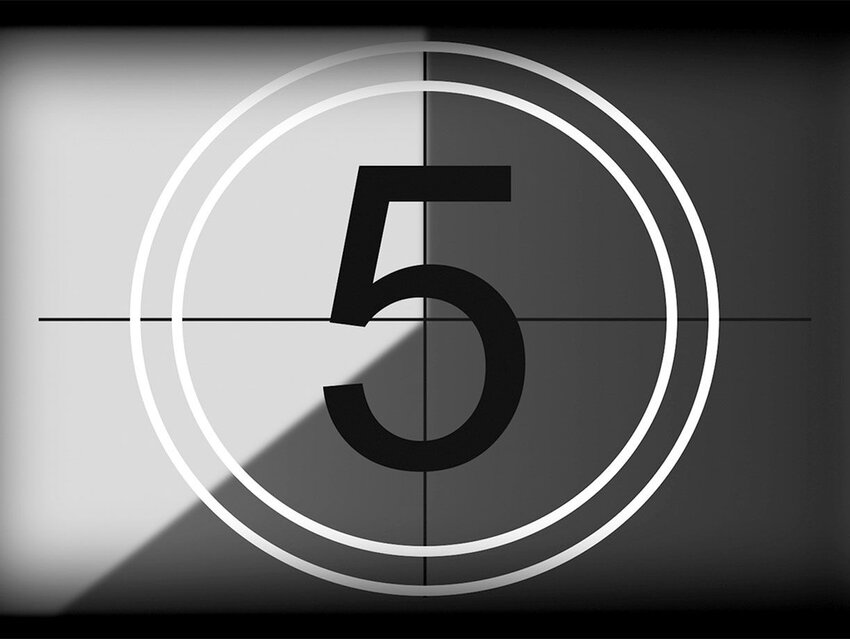They say that real life is stranger than fiction, but quite often real words have been inspired by fiction. By the time a word is "official" — that is, makes it into the dictionary — it has been coined somewhere, or by someone, and become so popularized that lexicographers have noticed. Some of the words and expressions that gained traction in the 20th century originated in a Hollywood script or TV writers' room. Do you remember watching where these words first appeared?
Gaslighting
This word has taken off in recent years to describe the relationship dynamic of "deliberately making a person believe that they are insane," usually by denying that certain events or conversations ever occurred. It comes from the 1944 film Gaslight, in which Ingrid Bergman (who won an Academy Award for the role) plays a woman who appears to be losing her mind, until it's later revealed that her husband has been convincing her of her insanity to discredit her observations of his criminal activities. One of the clues was the dimming of her home's gas-powered lighting whenever her husband would secretly go into the attic; he convinced her that she was only imagining it, until someone else backed her up. In more recent years, "gaslight" has acquired an additional sense, meaning "to dismiss or discredit someone's viewpoint."
Bombshell
While "bombshell" originally meant quite literally "an artillery shell," it has expanded to develop a few metaphorical meanings as well. One, from 1859, is "a shattering or devastating thing or event." But there's also usage in reference to "a pretty woman of startling vitality or physique" dating to the first half of the 20th century. This usage is believed to have originated with the 1933 film Bombshell, starring Jean Harlow, loosely based on the life of silent film star Clara Bow.
Paparazzi
The word used to describe those who photograph celebrities in the wild is an eponym, albeit for a fictional character. "Paparazzi" comes from the name of the freelance photographer — Paparazzo, which is the singular form of the Italian word — in Federico Fellini's 1959 film La Dolce Vita. Fellini later said that the surname was of no particular significance to the film, but it's popular in the Calabria region of Italy.
Supercalifragilisticexpialidocious
This extra-long word, meaning "extraordinarily good or wonderful," comes from the 1964 Disney film Mary Poppins. At 34 letters, it's one of the longest words in the English language — if you consider it to be a real word, that is. While it's taken on mythical status thanks to the iconic films and song, it's not technically in the Merriam-Webster dictionary, so some dispute its status. (However, it is recorded in the Oxford English Dictionary as a "nonsense word.")
Poindexter
While "poindexter," a word meaning "nerdy intellectual" or "socially inept," didn't really take off until teens adopted it as slang in the mid-1980s, it originated with a character in the 1959 made-for-TV cartoon version of Felix the Cat.
Ribbit
Have you ever actually heard a frog say "ribbit"? No? That's because this word is an invention of mid-century television. The Oxford English Dictionary tracks the earliest usage to a 1968 episode of Smothers Brothers Comedy Hour wherein someone says, "That's right. Ribit! I am. I am a frog." Before "ribbit," it appears that "croak" was the preferred imitative sound for both frogs and ravens, going back to the 1500s.
Featured image credit: vitacopS/ iStock

